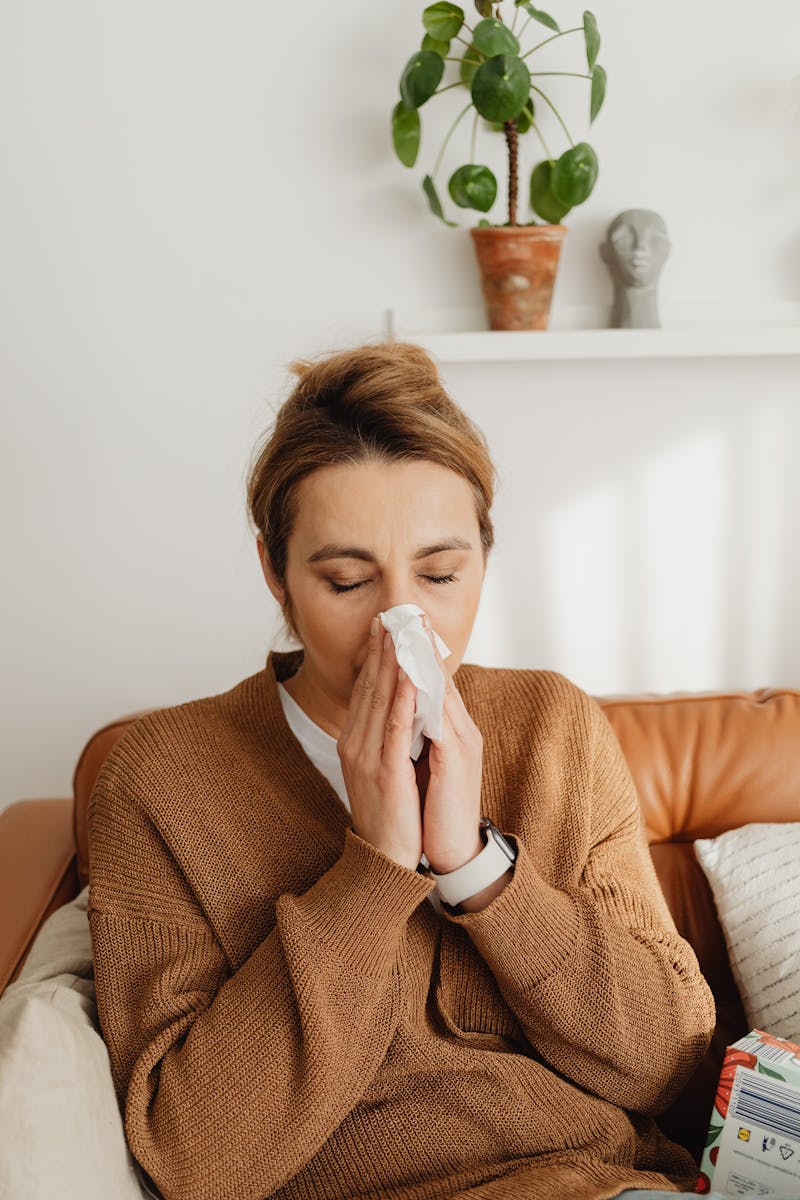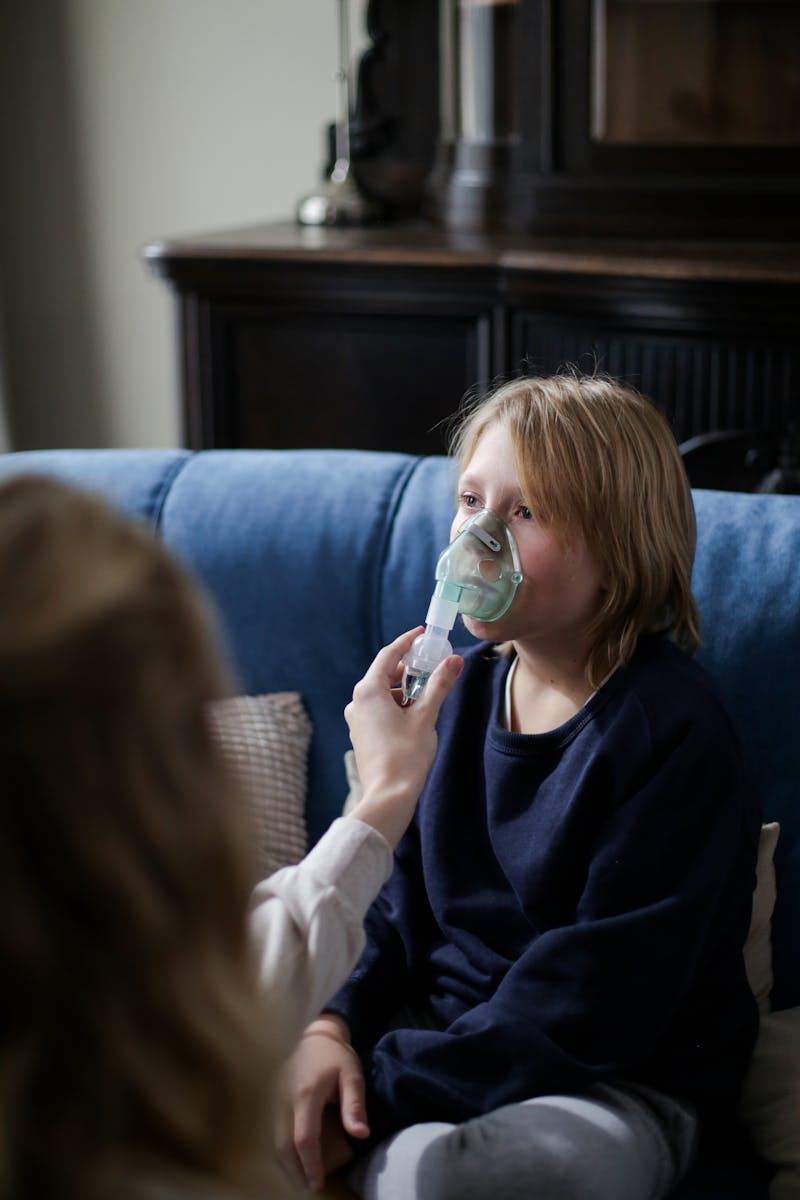Allergy Tips Near Understanding Virginia’s Unique Allergy Seasons
Essential Allergy Tips for Navigating Virginia’s Unique Allergy Seasons: Understand Allergies in Virginia, Manage Symptoms, and Breathe Easier During Allergy Season in the Old Dominion State
Essential Allergy Tips for Virginia Residents
Living in Virginia provides a wealth of natural beauty, but it also comes with its unique set of allergy challenges. Virginia’s diverse climate and myriad of flora contribute to varying allergy seasons that can catch even the most prepared individuals off guard. Understanding Virginia’s unique allergy seasons is crucial for managing your symptoms effectively. Here, we present vital allergy tips to help you navigate through these pollen-filled months.
Understanding Virginia’s Unique Allergy Seasons
Virginia experiences distinct allergy seasons due to its geographic and climatic diversity. Spring is often marked by tree pollen, while summer introduces grass pollen, and fall brings weed pollen. Each season presents its own challenges, making it essential to stay informed about what to expect throughout the year:
- Spring: Tree pollen from oak, maple, and birch trees is prevalent.
- Summer: Grass pollen from species like Bermuda and Timothy becomes more common.
- Fall: Weeds like ragweed release pollen, leading to increased allergy symptoms.
Stay Updated with Local Pollen Counts
To manage your allergies effectively, it is essential to stay informed about local pollen counts. Websites and apps provide real-time updates on pollen levels for your area, helping you plan your outdoor activities accordingly. Understanding Virginia’s unique allergy seasons involves recognizing when specific allergens peak, allowing you to take preventive measures. For example, if tree pollen is at its highest in March, consider limiting outdoor activities during peak times.
Implement Effective Allergy Management Strategies
In addition to staying updated on pollen counts, implementing effective allergy management strategies can significantly alleviate your symptoms. Here are some essential tips:
- Keep windows closed: This prevents pollen from entering your home.
- Use air purifiers: High-efficiency particulate air (HEPA) filters can reduce indoor allergens.
- Shower after outdoor activities: This helps wash away pollen from your skin and hair.
- Stay indoors during peak pollen times: Typically between 5 am and 10 am.
Consult with Allergy Specialists
For those struggling with severe allergy symptoms, consulting with allergy specialists can provide tailored solutions. Understanding Virginia’s unique allergy seasons helps these professionals recommend personalized treatment plans, including allergy testing and potential immunotherapy options. By addressing your specific triggers, you can gain a better quality of life and enjoy all that Virginia has to offer.
Utilize Over-the-Counter Remedies Wisely
Over-the-counter antihistamines, decongestants, and nasal sprays can provide relief from allergy symptoms. However, it’s essential to understand which medications work best for your specific situation. Always read labels and follow dosage recommendations. For some individuals, consulting a healthcare professional before starting new medications is advisable to ensure safety and efficacy.
Natural Remedies for Allergy Relief
In addition to traditional treatments, many individuals find relief through natural remedies. Some popular options include:
- Local honey: Consuming local honey may help your body adapt to local allergens.
- Quercetin: This natural antihistamine can help stabilize mast cells and prevent histamine release.
- Saline nasal rinses: These can help clear nasal passages of allergens and mucus.
Prepare for Each Allergy Season
As Virginia’s allergy seasons change, so should your strategies for managing them. Understanding Virginia’s unique allergy seasons empowers you to prepare in advance. By staying informed, implementing effective management strategies, and seeking professional advice when needed, you can navigate allergy seasons with confidence and ease. Your health is a priority, and taking proactive steps can lead to a more enjoyable outdoor experience throughout the year.
Keywords: allergy tips, Virginia allergy seasons, understanding allergies, seasonal allergies, Virginia wellness, allergy management, pollen counts, allergy relief, Virginia climate, allergy symptoms, natural remedies, allergy prevention, local allergens, seasonal changes, allergy education
news via inbox
Stay Connected
Specializing in:








